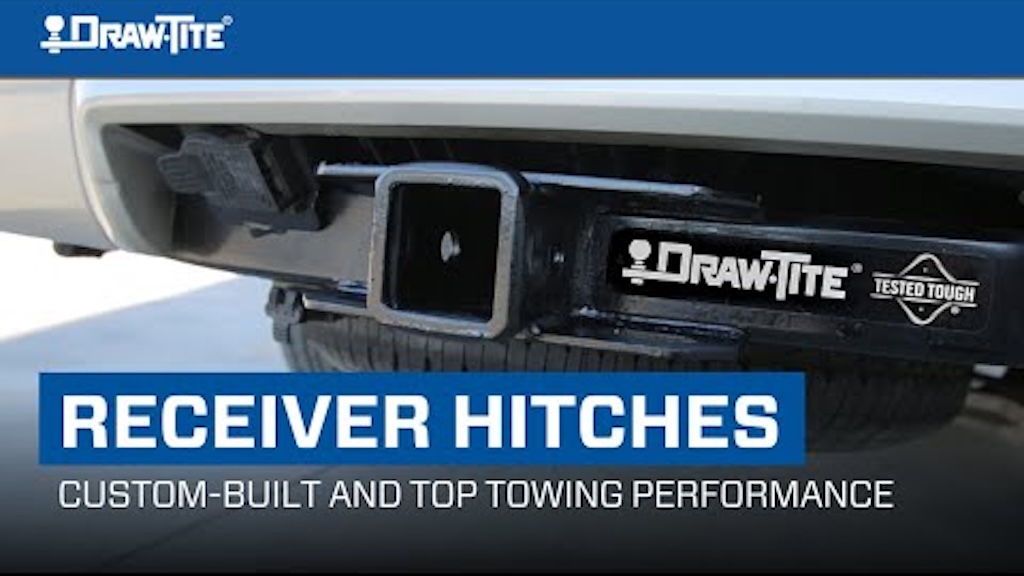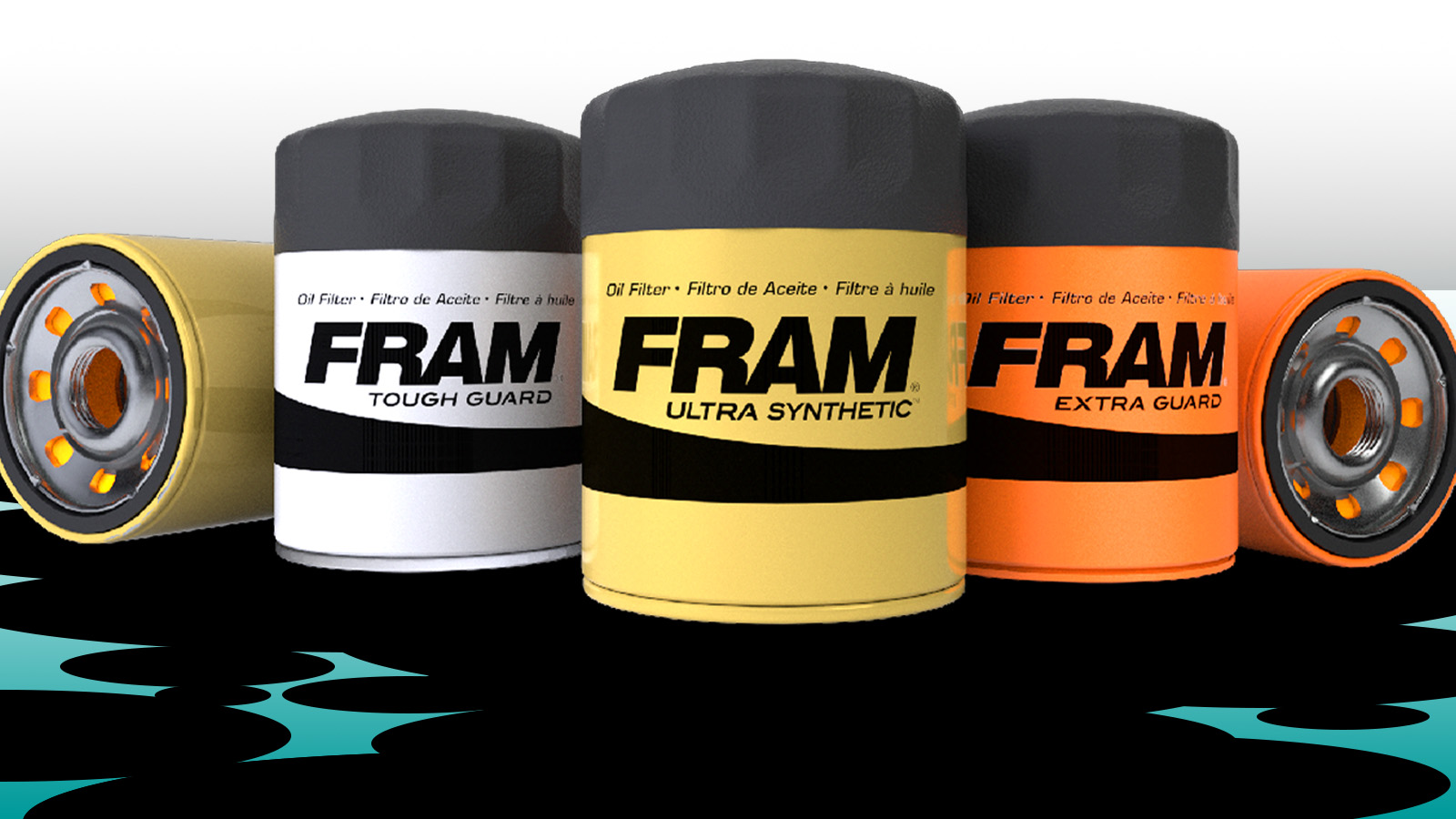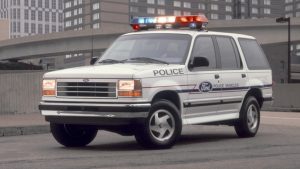If you’ve been working on your own cars for a while, you’re probably familiar with brands you’d find at auto parts stores. Boxes labeled Fram and Centric and Raybestos containing reasonably priced parts fit for daily drivers are staples for regular wrenchers. Well, those brands just hit by a big bow wave, because their owner, First Brands Group, has filed for Chapter 11 bankruptcy protection.
First Brands is pretty huge. In addition to owning Fram filters and Raybestos brakes, the group also owns brake brands Centric, Carlson, and International Brake Industries, towing equipment brands Bargman, Bulldog, Draw-Tite, Fulton, Reese, Tekonsha, Wesbar, and the towing division of Westfalia. It also owns windshield wiper brands Anco, and Trico, holds the licence for Michelin wiper blades, owns remanufactured parts giant Cardone, lift support brand Strong-Arm, and the LED division of Philips, along with Airtex, Autolite, Carter, Luberfiner, Hopkins, and Petroclear. If you own an older car with third-party parts on it, there’s a good chance at least one of them was manufactured by or for First Brands.
The privately-owned auto parts group started life when Cleveland-based Crowne Group LLC (also privately owned) purchased wiper blade company Trico in 2014. The company already had experience in the auto parts field, so it seemed like a good fit. It took a steady five years for the first serious expansion of that arm to happen by way of acquiring Fram in 2019. Shortly after that, the two subsidiaries were bundled together under the First Brands banner, and that’s when the current course was charted.

For anyone following recent bankruptcy protection filings in the automotive space, it shouldn’t be surprising to learn that the streak of acquisitions accelerated starting in 2020. On July 31, 2020, First Brands announced it had purchased both Raybestos-owner Brake Parts Inc. and Luberfiner manufacturer Champion Laboratories for undisclosed sums. As Chief Marketing Officer Guy Andrysick stated in a media release at the time, “Both Raybestos® and LuberFiner® are important and natural complements to our current vehicle maintenance and vehicle repair product solutions.”

Less than six months later, First Brands announced that it had purchased Centric, an enormous brake parts company with applications for just about everything, and brands at every price point. There’s C-Tek for budget-conscious drivers, all the way up to performance brake parts brand StopTech. A figure for this acquisition was not disclosed, but that’s the way it goes with companies that aren’t publicly traded.

In 2023, First Brands bought Horizon Global, a group that owned an absolute shedload of towing parts companies including Draw-Tite and Reese. Since Horizon Global was publicly traded, we have a lot more information on this acquisition, chiefly that the change of ownership involved a cash tender of $1.75 per share. With 27.73 million shares outstanding, we’re looking at around $48.5 million.

Those sort of huge acquisitions require serious cash to close, and most companies don’t have eight or nine figures in the bank earmarked for expansion. Instead, they often rely on outside financing to raise funding, and debt’s modest cost of capital keeps financing cheap. However, if that debt can’t be paid back within a prescribed timeline, that’s when things go really wrong. Earlier this month, cracks really began to show. On Sept. 25, the Financial Times reported that First Brands’ financing vehicle Carnaby Capital Holdings had filed for Chapter 11 bankruptcy protection in Texas.
Entities tied to First Brands Group and its founder Patrick James have filed for bankruptcy protection in the US, compounding issues at the car parts supplier whose troubles have roiled credit markets.
Carnaby Capital Holdings and several entities that raised debt linked to First Brands filed for Chapter 11 proceedings on Wednesday, raising the likelihood that the business is itself on the brink of bankruptcy.
First Brands, a US maker of windscreen wipers and fuel pumps, has come under intense scrutiny for its use of off-balance-sheet debt tied to invoices and inventory. Some lenders fear this financing was poorly disclosed in the main operating entity’s balance sheet, making it difficult for creditors to know how much debt it had in total.
Allegations of financial opacity aren’t good, and it gets worse. The Carnaby Capital Holdings filing claims that this group of special-purpose financing vehicles tied to First Brands holds more than $500 million in assets and more than $1 billion in liabilities. If that’s just a subsidiary, what are things looking like for the crown jewel?
It turns out we didn’t have to wait long to find out how ensnared First Brands Group was in debt. Just a few days after Carnaby Capital Holdings filed for Chapter 11, First Brands did the same. As Reuters reports, “First Brands, which filed for bankruptcy in the Southern District of Texas, disclosed assets exceeding $1 billion against more than $10 billion in liabilities.” The outlet reports a total of around $6 billion in debt to be restructured, a sum that’s simply unfathomable to many.

So, what happens next? Well, Chapter 11 means that a reorganization effort will be the first thing attempted, rather than Chapter 7, where a company gets stripped of assets and dismantled to pay its creditors. Indeed, First Brands stated that it’s secured $1.1 billion in debtor-in-possession financing from its first-lien lenders to keep the lights on while this whole thing goes down. As a result, it’s unlikely that both OEMs relying on Fram and Trico parts for their new vehicles and DIY-ers looking for reasonably priced car parts will be in a pickle, at least in the immediate future.
However, the bankruptcy filing of First Brands seems to be yet another cautionary tale on the limits of feasible growth. The group piled on both acquisitions and debt in a manner that likely ended up being too quick to be sustainable, and this is the result.
Top graphic image: Fram
Support our mission of championing car culture by becoming an Official Autopian Member.









FBG methodology was to buy a supplier, layoff as many people as possible, offshore production/engineering to China and India, and siphon money out of the company to finance another purchase. Works great for a couple years, until the brand equity and customer confidence is gone like Fram. In hindsight I’m glad I was laid off when I was, since my new job, while arguably worse, paid much better. Main benefit was getting out of Detroit before mortgage financing skyrocketed post COVID.
Someone needs to update Wikipedia, because the Federal Mogul article looks like it is missing all of the deals after 2018. It still lists Anco as one of their brands, with no mention at all of First Brands group.
Raybestos sounds like you don’t want to inhale their brake dust.
If this was my company, I would do all to make sure nobody thought I was still making brakes with asbestos. Including changing the product name.
Waw, I just read that asbestos brake pads were legal in US until last year (2024)!
Remind me to never work on the brakes of an American car.
I see tons of videos of guys pulling rear drums apart and the dust flying into their face. It’s usually asbestos pads in those drums, the poor fools…
worked on so many drum (and disc for that matter) brakes as a teenager – hoping the time spent since not inhaling asbestos dust will allow my lungs to hopefully not self-destruct…
I’m not sure who makes them, but I’ve had great success with TRQ branded parts from 1AAuto over the past several years. Suspension parts, brakes, motor mounts, etc. Both for daily drivers and our Lemons car. Solid parts, good prices.
Lot of companies did dumb shit around covid and we are seeing the results of that. If you don’t save and plan during the gold rush, you will die when it slows down.